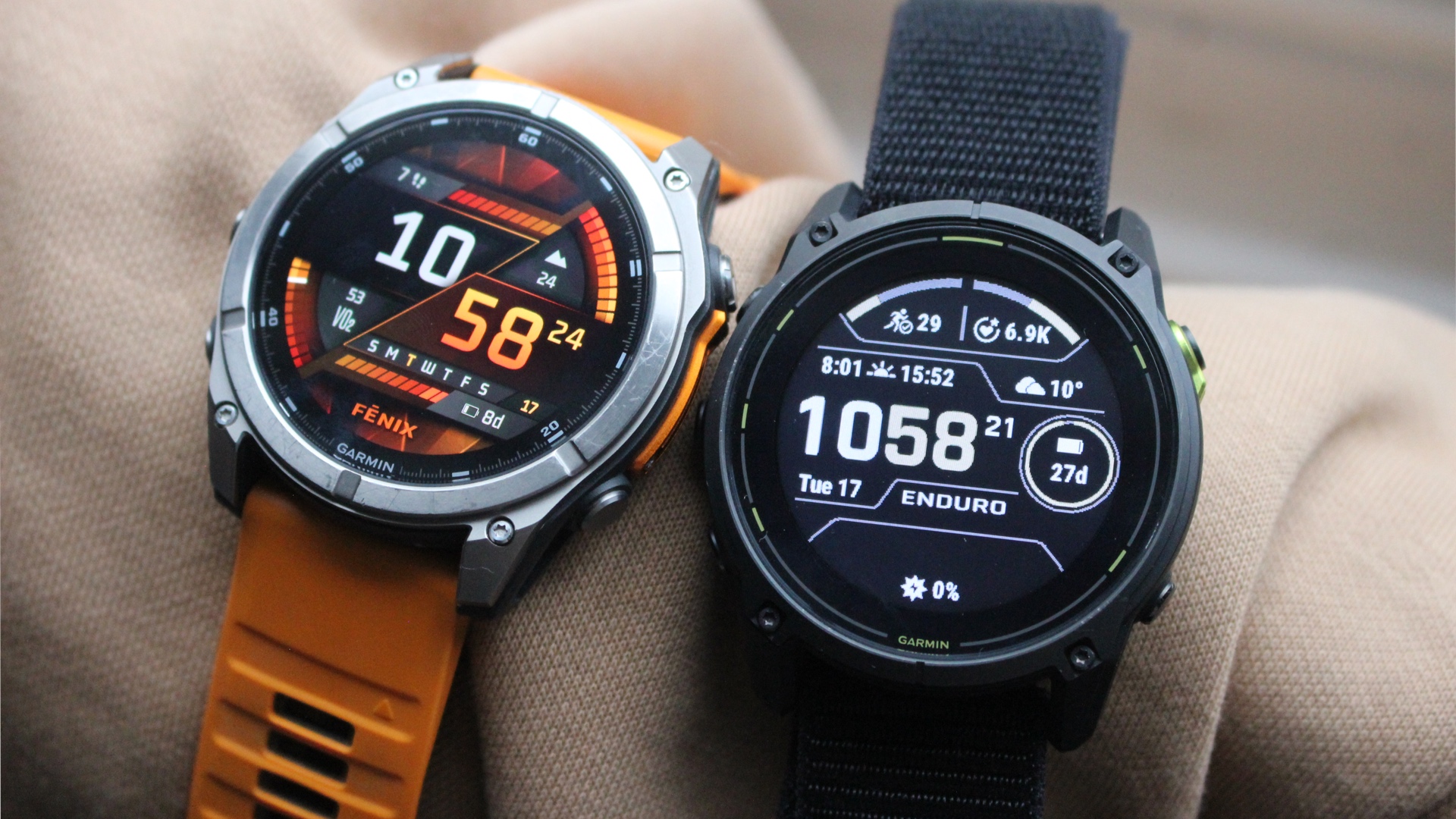Central Minister of Environment, Prakash Javdekar has said that Government of India is going to set up eight observatories across the Himalayas, deserts and islands to study the effects of global warming on climate. This announcement was made by the union minister at the Conference of Parties (COP) 21 summit taking place in Paris, France.
However, the step has been received with skepticism by the environmentalists. Past attitude and a cursory outlook without a clear roadmap have increased mistrust about government’s intentions.
The Modi government’s policy of opening up the Indian economy and fast track development pushing aside environmental pitfalls make it seem like a utopian dream, lofty ideals but seldom applied.
The lack of faith can be gauged by the comments made by environmentalists who quip that announcement made on international will serve little purpose unless they are implemented at grass root level and adequately monitored.
Launching the Long Term Ecological Observatories (LETO) program at COP21, on Monday said that India has 2.5% of the world’s land mass but 8% of its biomes. Thus, we will be putting eight new observatories in each one of these eight biomes.
The areas chosen include Himalayas, Western Ghats, Sundarbans, Central India, the Andaman and Nicobar Islands, etc.
Indian scientists will be able to coordinate and join international climate initiatives through the LTEO or the Long Term Ecological Observatory program.
The scientist will be able to share data about the impact of developmental activities on the different ecosystems. It will help in formulating a policy to alleviate the effects of climate change.
Environmental experts are however skeptical if the benefits will percolate down to the disadvantaged stakeholders or any action will be taken on the findings of the observatories.
In the past government had scant regard for the biodiversity of the Western Ghats while approving industrial and hydroelectric projects. This was stated by Parineeta Dandekar, who is the associate coordinator of the South Asian Network on Dams, Rivers, and People.









